What do you do when you’re feeling invisible in your marriage?
“I feel invisible in my marriage,” she said. “Like he doesn’t even see me.”
Kate does so much for her family and doesn’t ask for much in return.
She runs a busy kennel and an even busier household with 10 and 12 year old boys and a husband named Paul up to his neck in his work as an editor.
They sometimes go for days without seeing each other.
But when they do, she complains she feels invisible in her marriage.
They both love their work, but somewhere along the way, lost sight of their love for reach other.
It happens a lot these days.
We take work home, sleep next to our devices, and can be present in China while living in New York.
Work is 24/7.
Doing what you love for work is a relatively new phenomenon, just as marrying for love is a somewhat new phenomenon for us as a species as well.
One of the tasks today for so many of us who refuse to settle for anything less than a stellar life is to figure this thing out:
How to love and be loved and also love what we’re doing, while supporting our families as needed financially and in other ways along the way.
Where have Kate and Paul gone wrong?
How have they fallen out of love with each other?
Why does she feel so invisible to him; how have they lost each other?
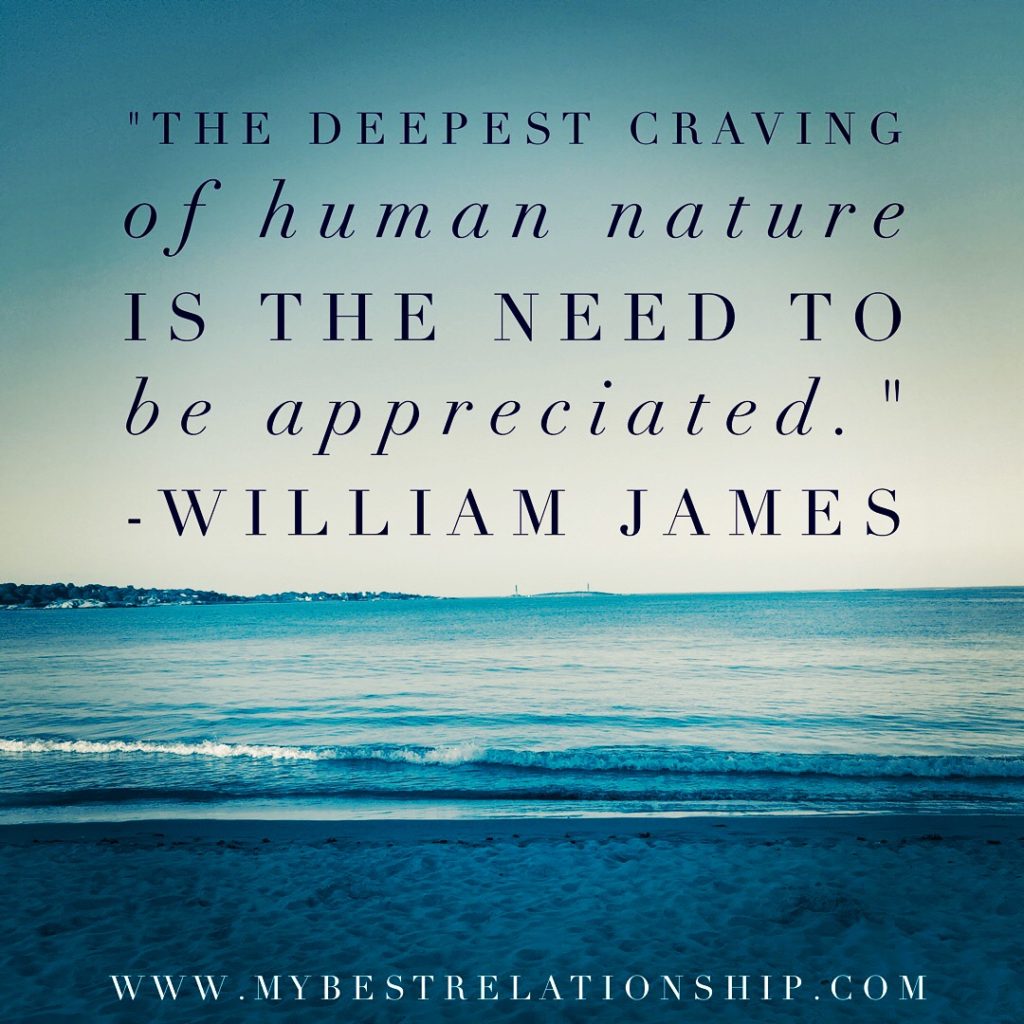 “The deepest craving of human nature is the need to be appreciated.” –William James
“The deepest craving of human nature is the need to be appreciated.” –William James
We all want — need — to appreciated and valued. To feel significant. If we’re lucky, to feel prioritized and cherished.
Minimally, however, we need to be seen, heard, acknowledged and loved.
That’s right, NEED.
Matthew Lieberman, cognitive neuroscientist and author of Social: Why Our Brains Are Wired To Connect explains why social connection is an evolutionary need for survival, not a luxury.
He flips around the famous Hierarchy of Needs by Abraham Maslow and places social needs as MORE significant for us than physical needs.
We do have needs that can only be met by others. And they are not only important but necessary for our survival.
We take them for granted because they are inherent to who we are, we are social by nature and fortunately for the most part we do not live in silos.
However, we forget how significant these needs are, and foolishly believe at times that self-love is all you need and throw around the word codependent like it’s a lethal diagnosis.
In reality, however, our brains process social pain and physical pain quite similarly, because both can be lethal.
It literally hurts when we aren’t seen, heard, acknowledged, or feel loved.
Yet so many people are feeling more and more invisible in their marriages.
Kate wasn’t aware of this feeling of being invisible in her marriage for many years.
After all, she didn’t feel invisible in her job.
She was friends with many of the folks who boarded their pets with her and felt very visible to the dogs. They knew she was coming for them when she was a mile away!
She wasn’t invisible to her kids.
They needed her and loved having her around.
She was used to being appreciated and valued.
Yet something had been missing.
She and Paul had grown apart, and when she started to put her finger on the lack of connection they were experiencing, she started to recognize how invisible she felt.
What happened?
This post explores – partially through the lens of Kate and Paul’s story – what to do when you’re feeling invisible in marriage.
Step 1: Understand Your Story
Connect the dots to figure out how your situation came to be.
What happened?
Why are you feeling invisible?
Have you always felt this way?
Is it something new?
These are just a few questions to begin to ask yourself so you can try to get a better sense of where things went wrong, assuming that you have not always felt invisible.
Perhaps, however, you have always felt invisible in your marriage, but it hasn’t been a problem until now because you are doing your own personal work and feeling unsatisfied today with what might have worked for you in the past.
Because feeling valued and important to your partner is such a significant need that we share as humans, feeling invisible in such an important relationship is extremely painful.
As a result, feeling invisible can blind you to anything other than the sense of being invisible, which hurts.
Sometimes when we hurt, all we can focus on is the pain.
As difficult as it is when you’re in so much pain, it’s important to be able to detach from that feeling momentarily to take a good hard look at what happened to your marriage so you can put the pieces together to see how you got where you are.
This will help you understand your story as it’s written so you can write a new one.
Here are a few questions to ask about what’s happened that’s led to you feeling invisible in your marriage:
Sometimes because of our different temperaments and ways we cope with disconnection, couples find themselves in negative spirals that pull them further and further apart.
Dr. Sue Johnson in her best-selling book Hold Me Tight: Seven Conversations for a Lifetime of Love writes about these patterns and breaks them down.
Are you caught in one of these patterns and feeling invisible as a result?
Are you and your partner, like Kate and Paul, so committed to your work or to your children that you’ve drifted apart from each other and stopped taking care of your relationship?
Have you just gotten too busy?
Where are you neglecting yourself and your own needs?
Have you abandoned yourself at all and are you feeling invisible as a result of that?
Have you never felt like you’ve been a priority to anyone in your life, and therefore have found yourself in a similar pattern in your marriage, and are now ready to break out of it because of your own personal growth?
There are countless possible narratives around why you may be feeling invisible in your marriage.
When we can understand the narrative a bit better and make meaning out of what has happened, you’ll be better equipped to change the story around.
Here are some wise words from Mr. Rogers:
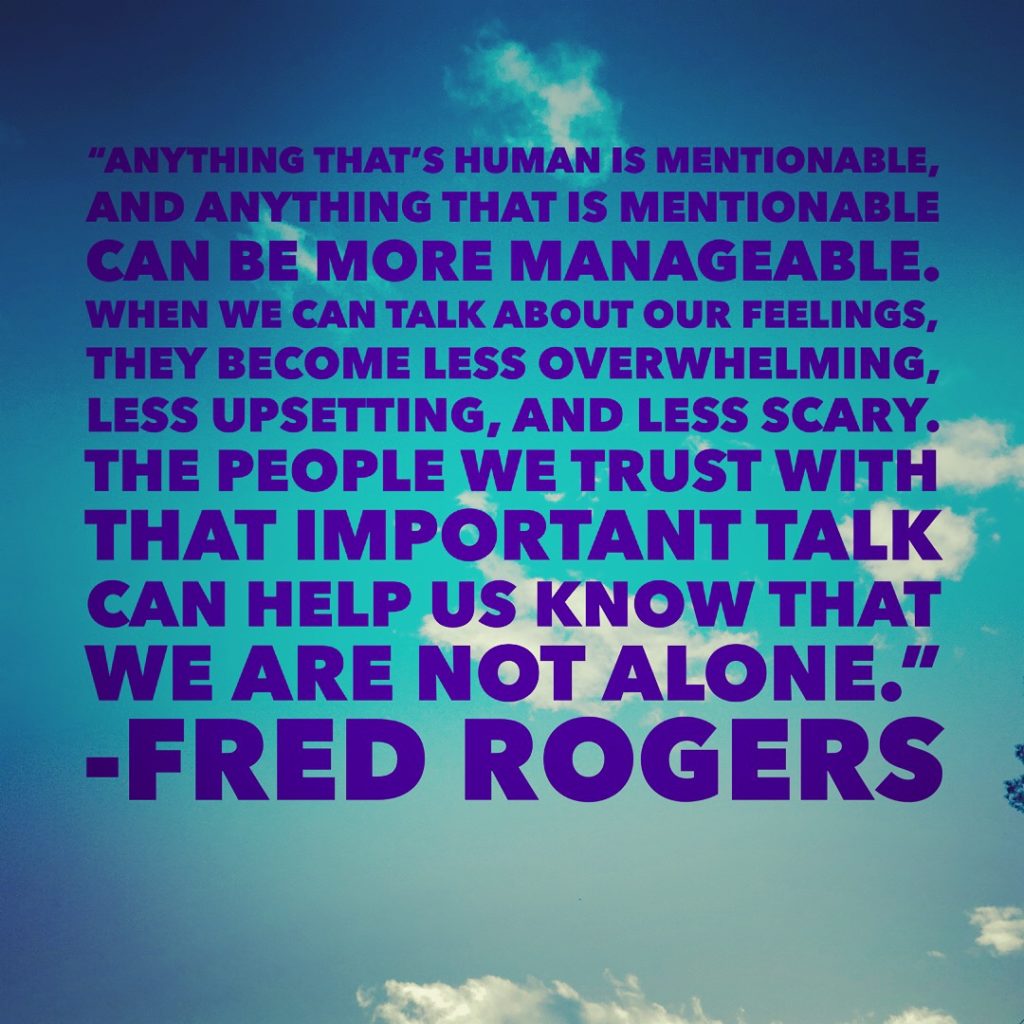 “Anything that’s human is mentionable, and anything that is mentionable can be more manageable. When we can talk about our feelings, they become less overwhelming, less upsetting, and less scary. The people we trust with that important talk can help us know that we are not alone.” – Fred Rogers
“Anything that’s human is mentionable, and anything that is mentionable can be more manageable. When we can talk about our feelings, they become less overwhelming, less upsetting, and less scary. The people we trust with that important talk can help us know that we are not alone.” – Fred Rogers
Step 2: Understand The Role You’ve Played
It takes two to tango.
As you’re looking back connecting the dots about feeling invisible in your marriage, ask yourself – what role have you played in the creation of this dynamic?
Do you feel invisible in general, with others in your life as well, or is it specific to your marriage?
Kate was able to see that she and her husband both checked out of their marriage and put their hearts into their careers and children.
When she recognized that there was something huge missing in her life and turned to Paul, attempting to regain it, he continued to do the same old dance they had been doing.
He completely missed her bids for connection.
She wound up feeling invisible, and even unloved in her marriage to a certain extent.
It was important for her to recognize that feeling invisible didn’t come out of nowhere.
Their bond together and the energy they put toward it for the past few years had also been invisible.
It was important that she could see the role she played in this dynamic.
Ask yourself:
“How have I supported this dynamic of being invisible in my relationship?”
This awareness yields clues as to how to change it.
Step 3: Understand The Role You Are Playing Now And The Impact You Have On Your Partner
Now that you can put your finger on feeling invisible in your marriage (otherwise you wouldn’t have made it to this post, right?), examine how you’re handling that currently.
We all need / want / desire to feel loved, appreciated, acknowledged, and seen.
When someone is feeling unheard, the natural inclination would be to make themselves louder.
If you’re perpetually feeling invisible, your natural inclination may be to make yourself more visible.
Sometimes, like for Kate, that meant getting nasty.
In other words:
“You don’t see me?!?! I’ll make you see me!”
How are you behaving as you feel invisible?
Anger and fear are closely related.
Think of a traumatized dog.
She is quicker to anger, bite, snap and mistrust than one who has been taken care of all her life.
Are you feeling angry?
Underneath that anger, are you feeling scared, that your partner truly doesn’t see you?
That you don’t matter to them?
That you aren’t a priority for them?
That they won’t be there for you when you need them?
Anger is part of your response, but what else is there?
Hurt, fear, sadness?
When you realize you are feeling invisible in your marriage, there is likely a storm of feelings that you are experiencing, many of which leave you feeling more vulnerable than just angry.
Chances are, if you’re like Kate and so many other people who feel invisible in their marriages, your partner only sees the anger.
As a result of just seeing her angry all the time, Paul pulls further away.
He feels like no matter what he does, Kate is upset with him, so he shuts down, leaving her feeling all the more invisible.
What are you doing when you feel invisible in your marriage?
Are you like Kate and you turn the volume up in attempts to make yourself seen?
Or, are you like many others who disappear even further when they notice they start to feel invisible?
Either way, whatever you’re doing has an impact on your partner.
We are wired for connection and even the most independent of couples can be way more interdependent and connected than they recognize.
Your partner likely only sees your behavior, and may not recognize all that is going on for you underneath the surface.
Without a complete narrative that that you each have and trust about your inner worlds, the mind is left to fill in the details.
In my experience as an Emotionally Focused Therapist for couples, those details are often wrong about one partner’s perception of how the other feels about them.
Partners in distress rarely recognize how much of an impact they have on each other, and how much they actually matter to each other.
They are caught in patterns of disconnect that leave them convinced that they actually don’t matter.
When in reality, they matter so much.
Identify then what you’re doing currently as a result of feeling invisible – how are you trying to resolve that?
And what kind of impact is that having on your partner?
It may be more than you realize.
Step 4: Recognize Your Power + Set An Intention
What you really need to do if you’re feeling invisible in your marriage is to recognize that you are more powerful than you may realize in the creation of your dynamic together.
Set an intention to change it up and to no longer feel invisible in your marriage.
Does that mean it’s a guarantee that everything will work out?
No, but you don’t have to be destined to a life of feeling invisible in your marriage.
Recognize: You deserve to be seen, loved, appreciated and valued in your marriage.
Perhaps you need to do some inner work to recognize that you deserve that.
You are, after all, a miracle.
If you feel blocked toward really feeling that way about yourself, I strongly encourage you to work with someone who can help you recognize your innate worthiness.
If you realize the truth that you are worthy and valuable, yet still feel like your partner isn’t reflecting that to you, it’s time to get curious.
Think about everything we discussed above regarding how you started to feel invisible, the role you’ve played and what you’re currently doing to perpetuate the pattern.
Can you see where things could be different?
Kate, for example, recognized the impact she had on Paul by being angry with him all the time.
He felt she was angry with him because of all the things he wasn’t doing right, and as a result he felt like he could never make her happy. He felt helpless, and went numb most times they started interacting.
He was completely mistaken about why Kate was angry with him.
Though he just felt like a disappointment to her as a whole, the truth was that she felt abandoned and uncared for by him.
It was his mere attention she was starving for, and her ways of asking for it repelled him since she often did it critically. Sometimes he wound up in a shame hole because no matter what he tried to “do” for her, they never reached each other.
When Kate recognized this, she was able to show him a bit more of her truth, which was that she longed for him and his attention more than he ever realized.
By sharing some of her more vulnerable feelings such as sadness and fear, underneath her anger, he was able to comfort her in ways that her anger made difficult for him to do.
How can you show your partner another side of you that might provoke a different response?
When you zoom out a bit and look at your situation more objectively, you might be able to start seeing yourself from your partner’s perspective and how impactful your actions are upon them.
You’ll recognize how much more powerful you are in changing the dynamic of the system by taking responsibility.
Set the intention to no longer feel invisible in your marriage.
Realize it’s not only possible, but quite probable if you take responsibility and do the necessary work.
Step 5: Talk To Your Partner
Part of the necessary work is communication (no surprise there I hope).
If you truly feel invisible in your marriage, let your partner know.
I would imagine that you worry you are not important to your partner, you worry you are not a priority or you worry that you will never be seen or understood by them.
Let them know you don’t feel like you are important to them, if that is the case, and ask for their feedback.
More importantly, try to be open to that.
Make room for their truth.
Be honest and vulnerable and let them know how much they matter to you.
Ask them curiously and openly about their feelings toward you.
If you both go nowhere and wind up feeling more exasperated, distressed or invisible from the conversation, get help.
Emotionally Focused Therapy has held up in the research as the best approach that helps couples go from disconnect to deep connected and has therapists all over the globe.
Find an Emotionally Focused Therapist near you HERE.

You can also instantly access my book and go through the exercises together or separate which is based in part on the principles of Emotionally Focused Therapy.
Instantly Access Your Copy Here.
There are many more resources out there for you as well.
No matter what, don’t give up.
Strong relationships are key to our best lives.
Insist on creating one, and you will.
To your best love,
Jenev
P.S. Like all people I write about on this blog, Kate and Paul are 100% fictitious characters so if you think you know either of them or are either of them…you’re not. Their situation, however, is similar to one that many couples face, and if it feels like yours, I really hope this post offered a new and hopeful perspective on what might really be going on in your relationship.
 Loading...
Loading...

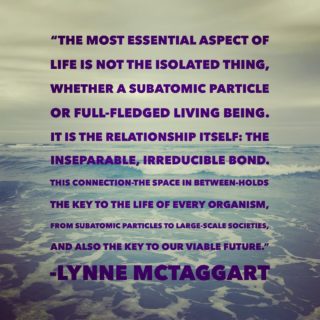


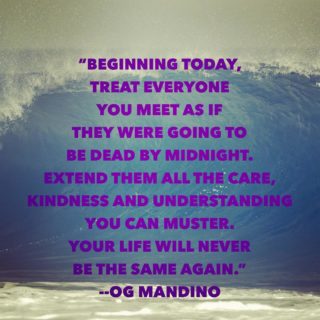
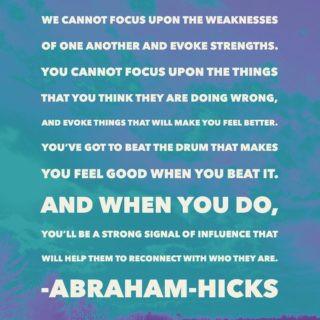

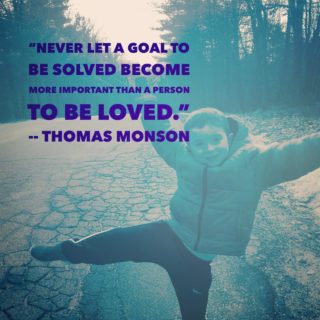





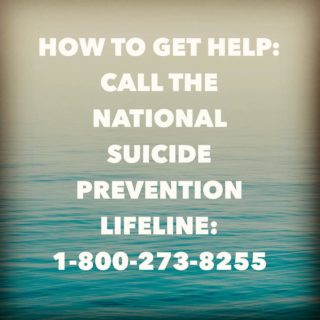
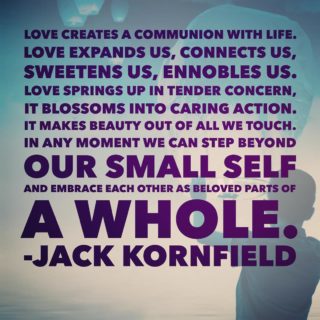
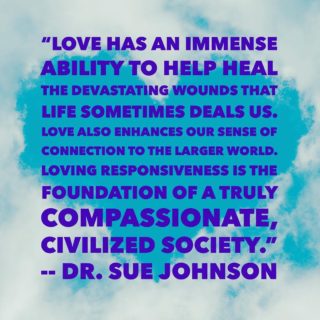
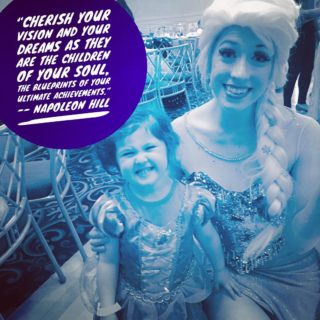
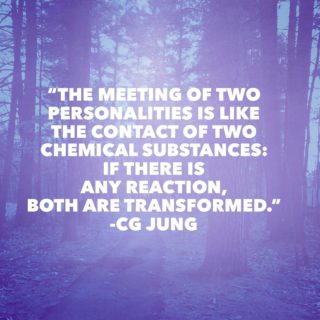


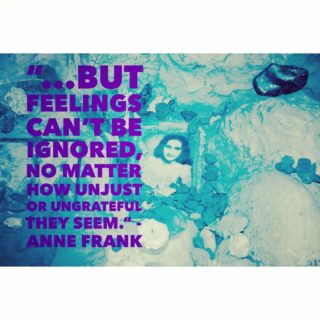
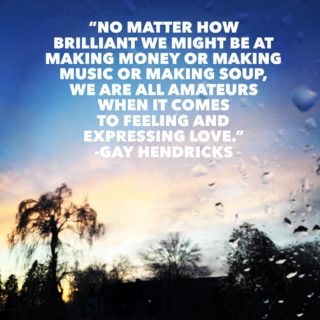

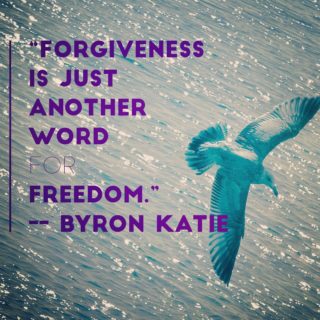






Leave a Reply